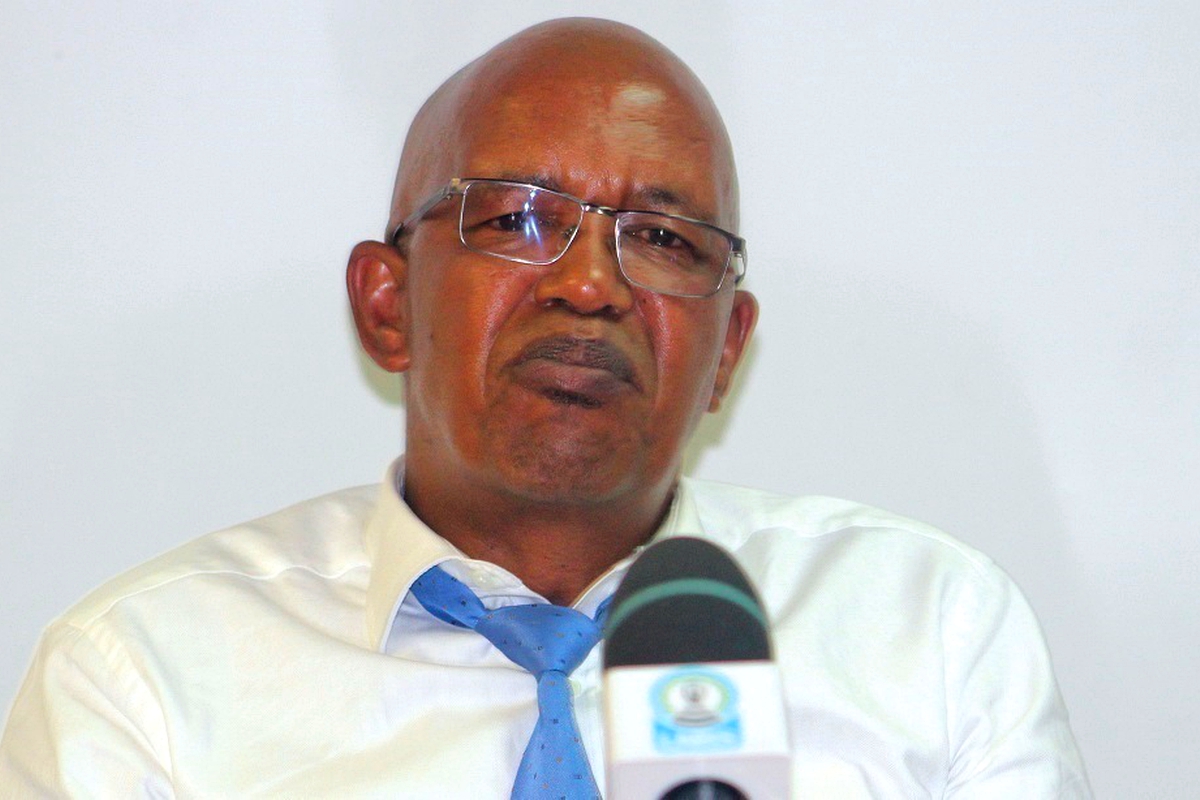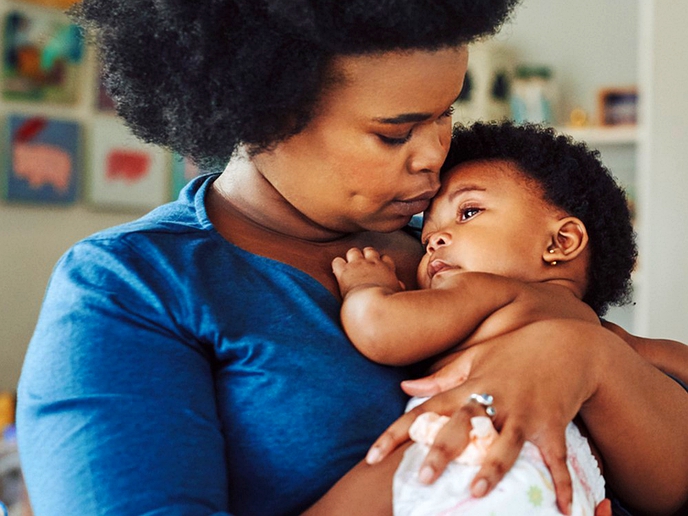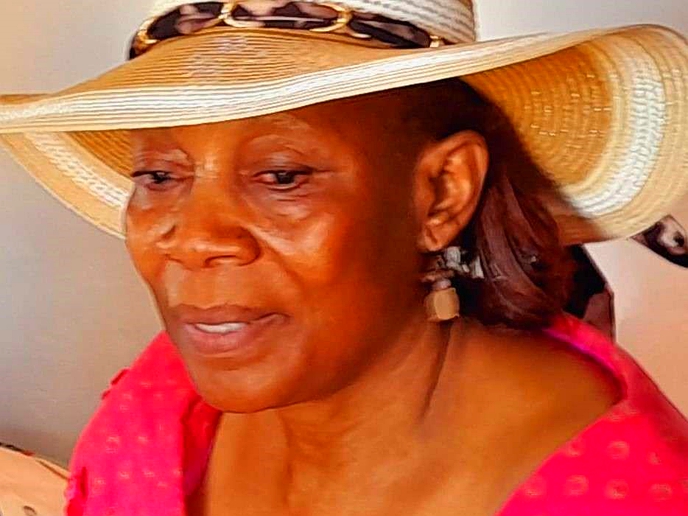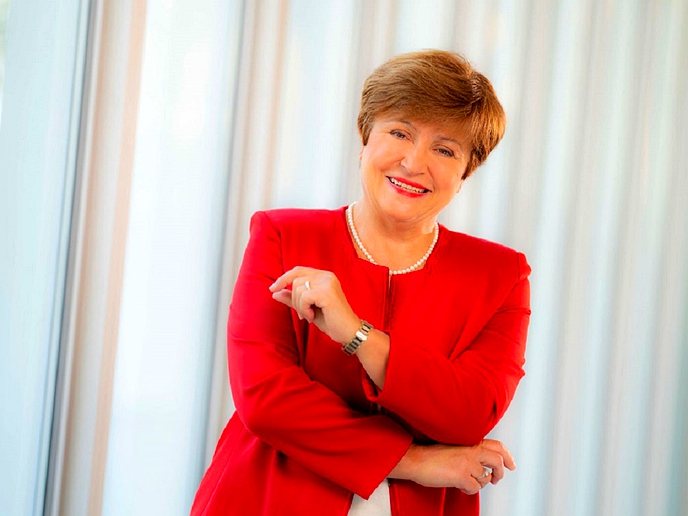THE Minister of Health, Semano Sekatle has called for donations here after the ministry opened a bank account to help impoverished girls buy sanitary pads to cope with their menstrual periods.
health
April 30, 2022
LINEO MABEKEBEKE
2 min read
Sekatle fights period poverty

Minister of Health, Semano Sekatle
Story highlights
On Monday the minister said the menstrual products such as tampons, menstrual pads and menstrual cups would be bought with the money and be provided at the clinics and hospitals to all needy girls.
Mr Sekatle said many girls and women faced discriminatory attitudes and beliefs around menstruation, forcing them to experience their periods with shame and embarrassment.
“They should participate in daily activities during their periods without being subjected to stigma or exclusion from their peers,” he said.
“Myths and taboos often promote secrecy even about the most basic menstrual facts, leading to shame and exclusion for women and girls,” the minister also said.
Over the years, there has been a notable change in how girls and women manage their periods as they now have numerous products to choose from.
However, period poverty exists in Lesotho like many other developing countries, where girls and women still use rags, cloths, and leaves during their menstrual cycle.
Mr Sekatle said access to safe and dignified menstruation was a fundamental need for women and girls, adding that many girls were unable to manage their menstrual periods with ease and dignity due to poverty as they could not afford materials that were clean.
He said these girls could not practice good menstrual health and hygiene at home, school or other public settings due to a combination of discriminatory social environment, inaccurate information, poor facilities and limited choice of absorbent materials.
Enjoy our daily newsletter from today
Access exclusive newsletters, along with previews of new media releases.
While some countries such Lesotho are addressing period poverty, or the hardship of affording menstrual products, the United Nations Population Fund (UNFPA), a UN agency aimed at improving reproductive and maternal health worldwide said menstruation should not mean the end of rights of health, dignity and gender equality.
UNFPA said menstrual health and hygiene were basic rights for girls and women and key elements in achieving gender equality.
“However, in many settings, women and girls do not have access to reliable, complete and accurate information, nor to adequate sanitation or protective products to allow them manage their menstruation safely and with dignity,” the body further said.
Tailored for you






